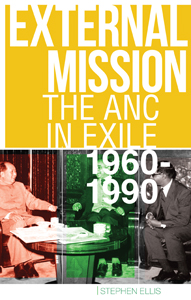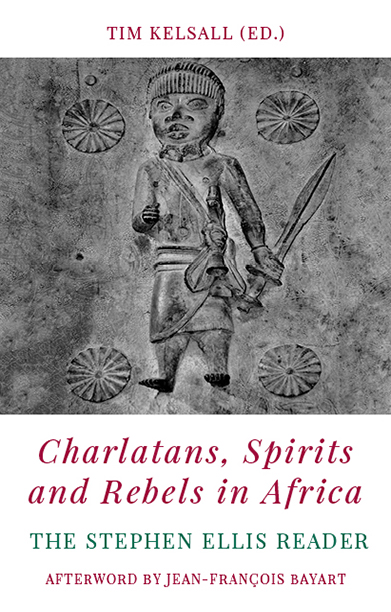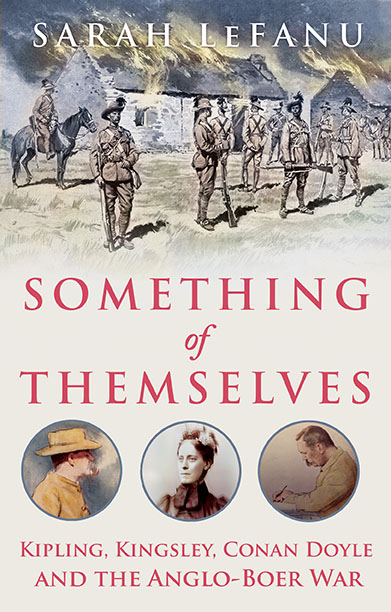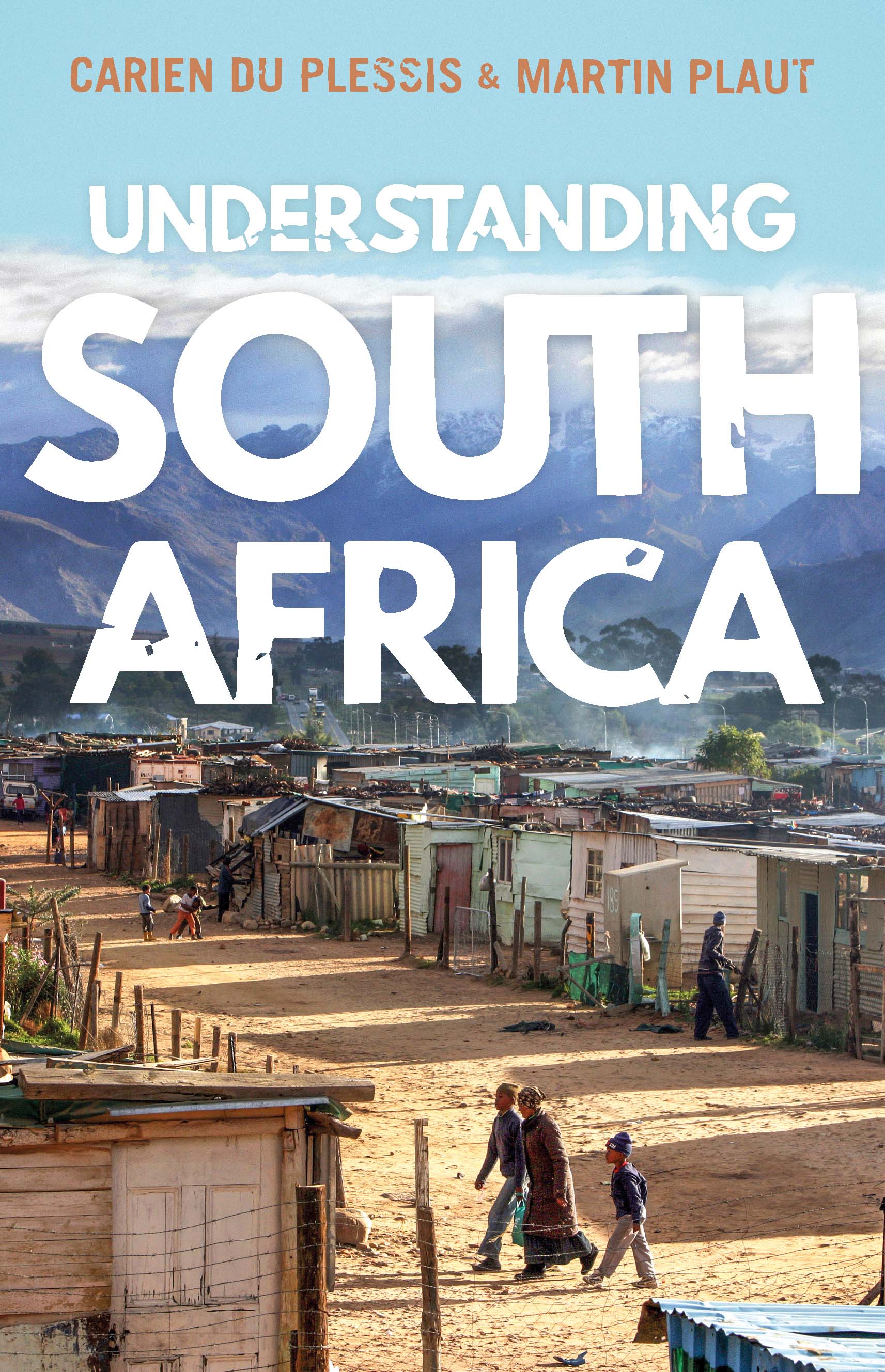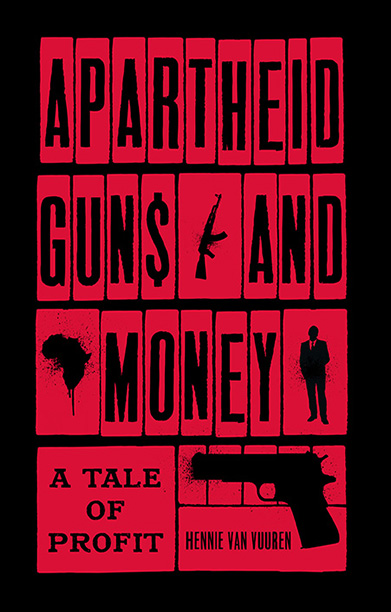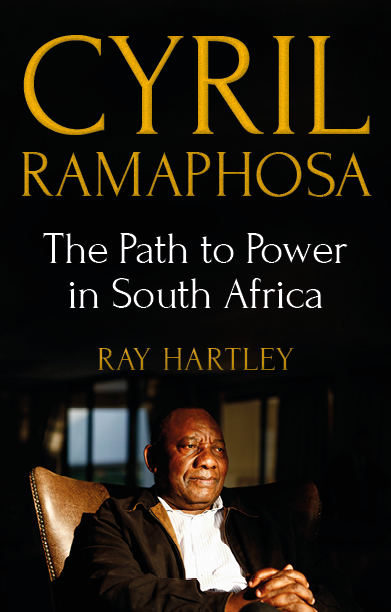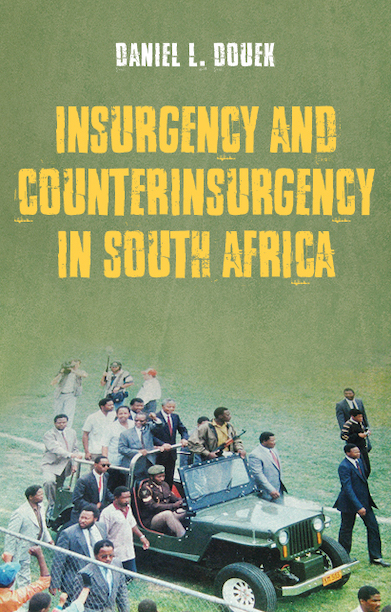External Mission
The ANC in Exile, 1960-1990
A forensic investigation based on hitherto hidden archives of the ANC’s struggle in exile against the apartheid state.
Description
Nelson Mandela’s release from prison in February 1990 was one of the most memorable moments of recent decades. It came a few days after the unbanning of the African National Congress following thirty years during which the ANC had fought against the apartheid state. The ANC, founded a century ago and outlawed in 1960, transferred its headquarters abroad and opened what it termed an External Mission. Voted into office in 1994, the ANC today regards its armed struggle as the central plank of its legitimacy. External Mission is the first study of the ANC’s exile period based on a full range of sources in southern Africa and Europe, including not only the archives of the ANC itself but also of the Stasi, the East German ministry that trained the ANC’s own security personnel. It reveals that the decision to create a guerrilla army known as Umkhonto we Sizwe, which later became the ANC’s armed wing, was made not by the ANC but by its allies in the South African Communist Party, after negotiations with Chinese leader Mao Zedong. Many of the strategic decisions made and many of the political issues that arose during the course of the armed struggle had a lasting effect on South Africa, shaping its society even to the present day.
Reviews
‘The real message of Stephen Ellis’s history of the African National Congress (ANC) in exile—painfully and palpably obvious between the lines—is how the conspiratorial past affects the ruling party to the present day. It makes uncomfortable reading, for it goes some way towards explaining why President Jacob Zuma, a former head of the ANC’s intelligence service in exile, and his comrades now running South Africa find it so hard to embrace the notion that a diversity of opinion and tolerance of dissent must be at the heart of any functioning, decent democracy.’ — The Economist
‘[A] book that contains startling revelations about the ANC’s flirtation with totalitarianism. … Mr Ellis is a clear-eyed observer of all things African, a fearless butcher of sacred cows. External Mission begins by annihilating conventional understandings of the circumstances surrounding the ANC’s 1961 declaration of war on apartheid. According to Mr Ellis, all critical decisions were actually taken by the South African Communist Party (SACP), which sought support from Moscow and Beijing and then “bounced” the ANC into following its lead. … Mr Ellis goes so far as to report that Mr Mandela was almost certainly a member, at least for a time, of the SACP’s central committee.’ — Wall Street Journal
‘The remarkably prolific Ellis has written a fascinating history of the internal politics of the African National Congress (ANC) in the 30 years during which it was banned in South Africa and was forced to operate from bases outside the country. Ellis’ research suggests that the South African Communist Party enjoyed a higher degree of influence on the ANC’s decision-making than has been acknowledged by the ANC’s leadership’ — Foreign Affairs
‘Ellis’s evidence is impressive and he makes his case forcefully. A battery of archival sources including the ANC’s own records help to underpin his argument.’ — Times Literary Supplement
‘There is hardly a page of this fascinating book does not throw fresh light on South Africa’s murky past. Impeccably researched and written in the clear, dispassionate prose of a historian, Stephen Ellis has provided an indispensable guide to the ANC.’ — Martin Plaut, Africa editor, BBC World Service
‘[External Mission] will probably cast Ellis as a troublemaker in the ANC’s South Africa, but there can be little doubt that his research is sound and his interpretations credible … He provides exhaustive evidence for what are now recognized to have been the most significant weaknesses of the ANC in exile [and] adds much data on the extent of corruption within the party … Ellis’s book will undoubtedly stand as the definitive account of the ANC in exile.’ — Patrick Chabal, International Affairs
‘External Mission clarifies what has long been a rather murky area: the precise origins of the armed struggle. […] Ellis marshalls this information convincingly. Best of all, he weaves it all into a densely patterned history that combines local detail and broader context — and still comes out as a very readable narrative. […] If you read only one work of history in the coming year, this should be it.’ — Shaun De Waal, Weekly Mail & Guardian (South Africa)
‘Meticulously researched and passionately argued, this book casts valuable new light on the ways that the African National Congress was formed and deformed by its years in exile.’ — Mark Gevisser, author of Thabo Mbeki: The Dream Deferred
‘This thoroughly researched book explains much about why SA is in the condition it is today. It makes it depressingly obvious that our “rainbow nation” is no longer the legacy of Nelson Mandela, or even Thabo Mbeki, but rather of Joe Modise. […] a remarkable new study of the ANC in exile.’ — Financial Mail (South Africa)
‘Ellis has produced an excellent, even brilliant, book that greatly adds to our knowledge of the ANC.’ — Professor David Welsh, author of The Rise and Fall of Apartheid
‘It is time that the ANC’s mythology about its years in exile gives way to critical history. Stephen Ellis’s new book is to be welcomed as a step along the journey from myth to history.’ — Jonny Steinberg, author of The Three-Letter Plague
‘An explosive exposé that is timeous and relevant as much as it may be discomforting to some.’ — Barney Pityana, theologian and human rights lawyer
‘Stephen Ellis lays bare a history that the ANC would prefer to forget. Basing his account on ANC and other historical archives, including those of the Stasi—the former East German secret police—complemented by confidential information from former comrades, he shows that the history of the ANC is less noble than usually presented. This book is full of shocking surprises. Not only does Ellis shows the crucial role of the South African Communist Party in the ANC’s decision to launch the armed struggle, but he also reveals Nelson Mandela’s role as a secret Party member.’ — Rian Malan, Media24 (South Africa)
‘This is a book ANC-ologists will pore over (or maybe pour things over), dissect, discover what’s new, what’s already out in the open but newly contextualised, by a tireless student of the liberation movement and South Africa’s Communist party. … At the conclusion of this densely-researched roller-coaster of a book, Ellis writes that the ANC’s “sanitised” version of its immediate past, propagated by means of official documents, speeches, monuments and commemorations, is that the liberation movement initiated an armed struggle that, after much sacrifice, was the main factor forcing the apartheid government to negotiate in circumstances that handed effective victory to the majority of the population.’ — Denis Herbstein, African Arguments
‘Stephen Ellis’ book provides a readable, detailed and well-researched account of these events … If you read nothing else, I would strongly recommend his brilliant final chapter entitled “Perspectives”.’ Nigel Watt, Chartist
‘The depth of evidence makes this an important work, especially given how the micro-history of ANC archives raises questions about what may never be known. … Ellis open[s] new pathways for the study of the uncomfortable realities of exile.’ — Journal of African History
Author(s)
Stephen Ellis was Desmond Tutu Professor at the Faculty of Social Sciences at the VU University, Amsterdamand a senior researcher at the African Studies Centre, Leiden. He wrote groundbreaking books on the ANC, the Liberian Civil War, religion and politics in Africa, and the history of Madagascar.
